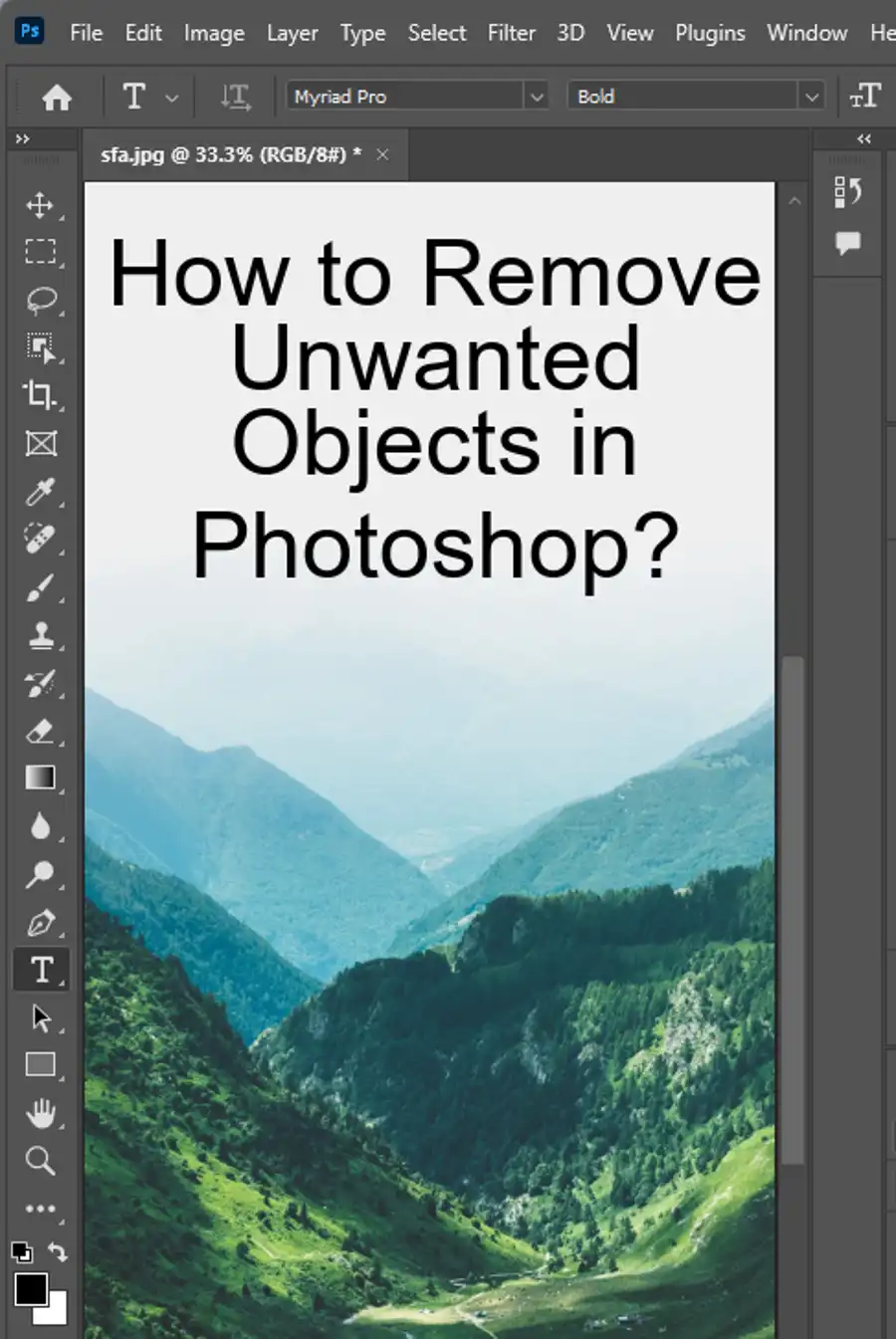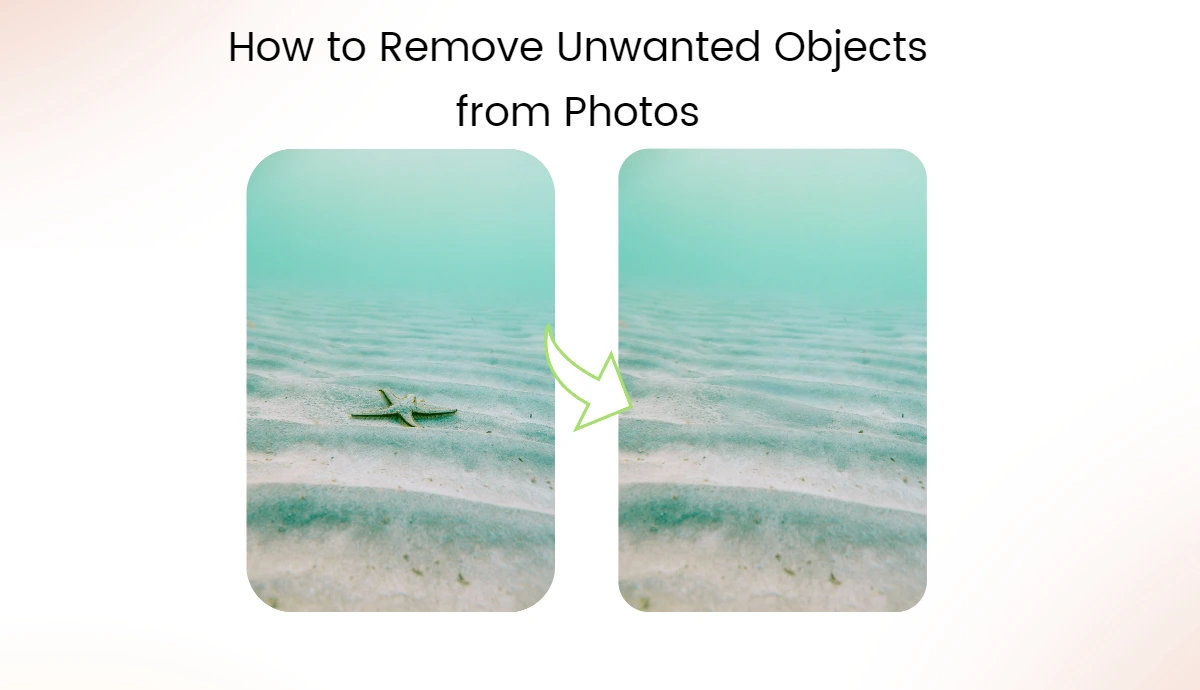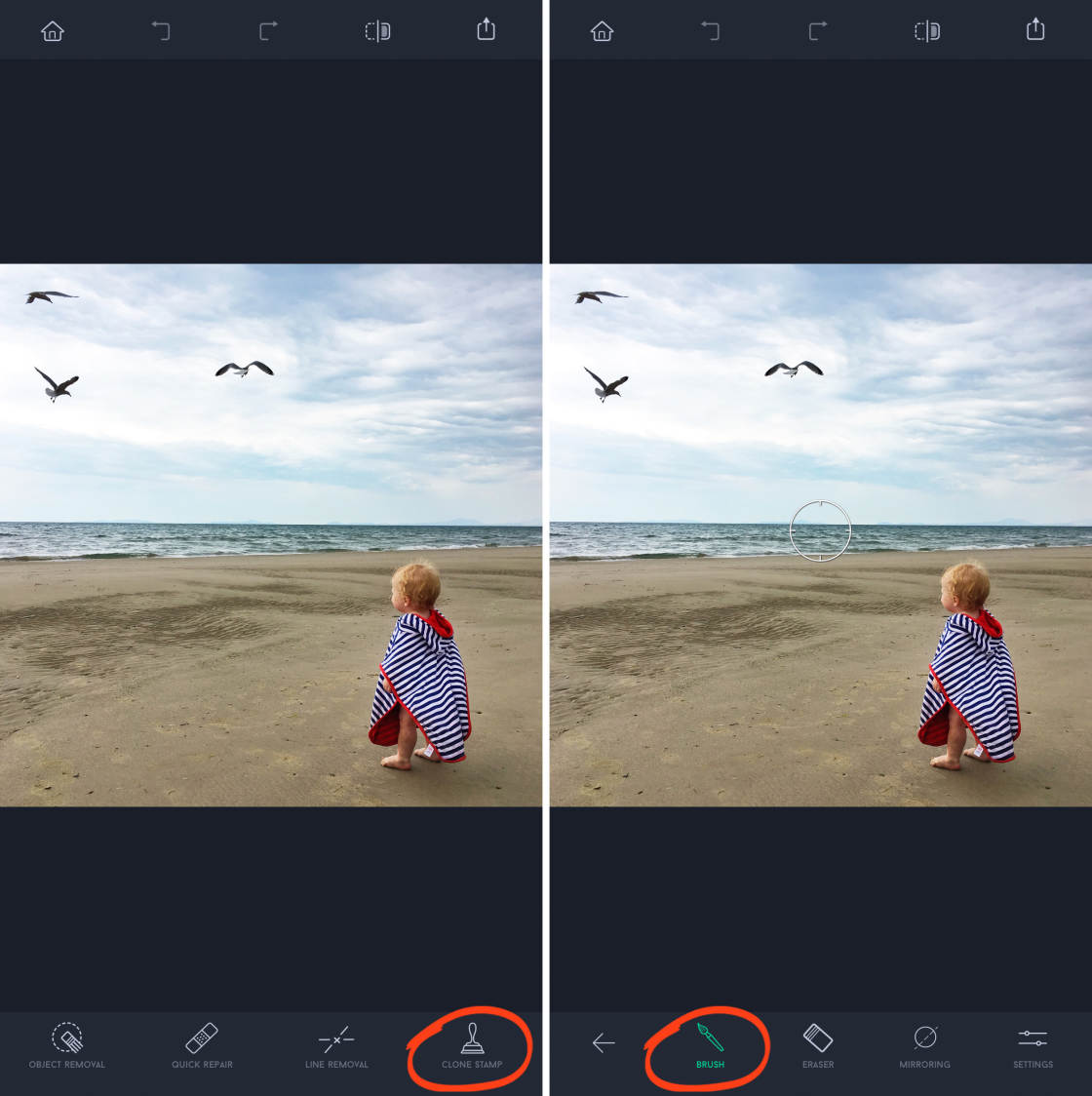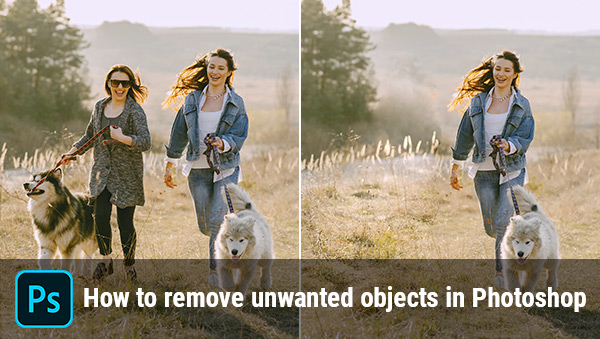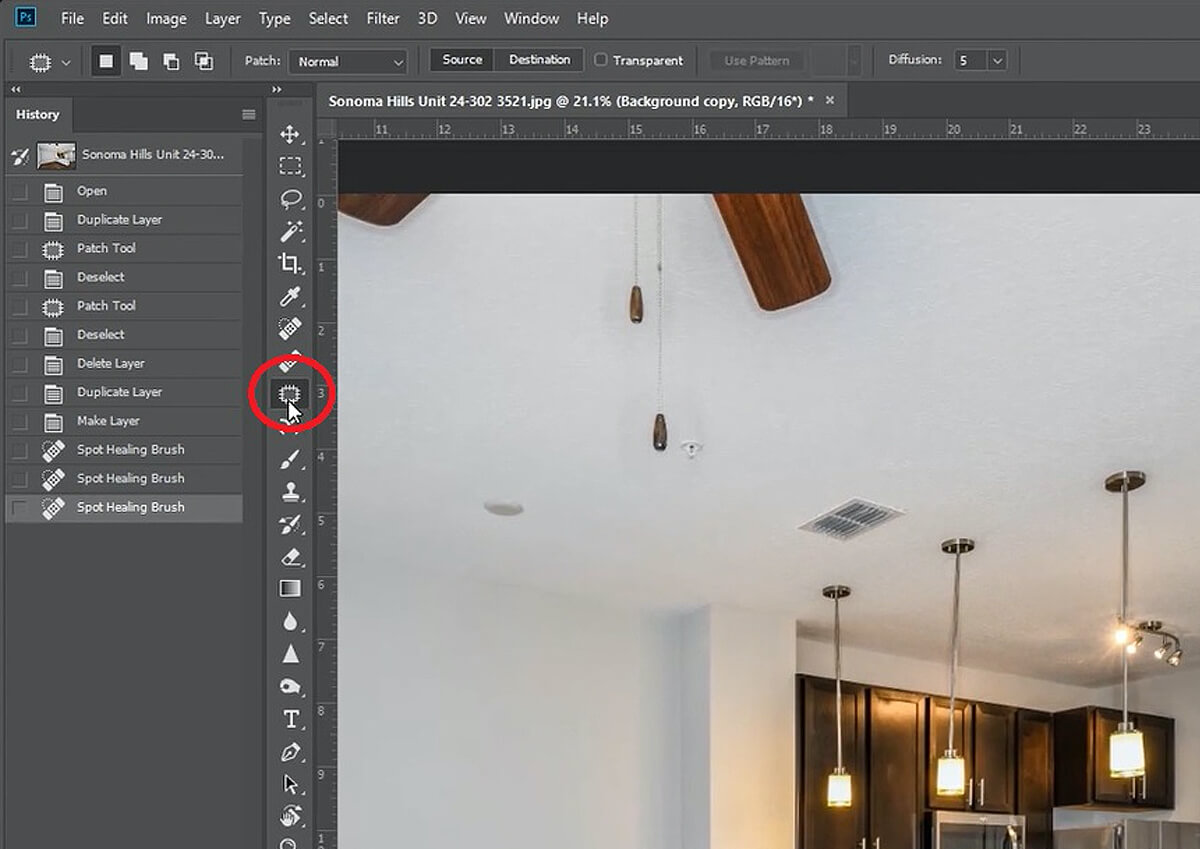How To Remove Unwanted Items In A Photo
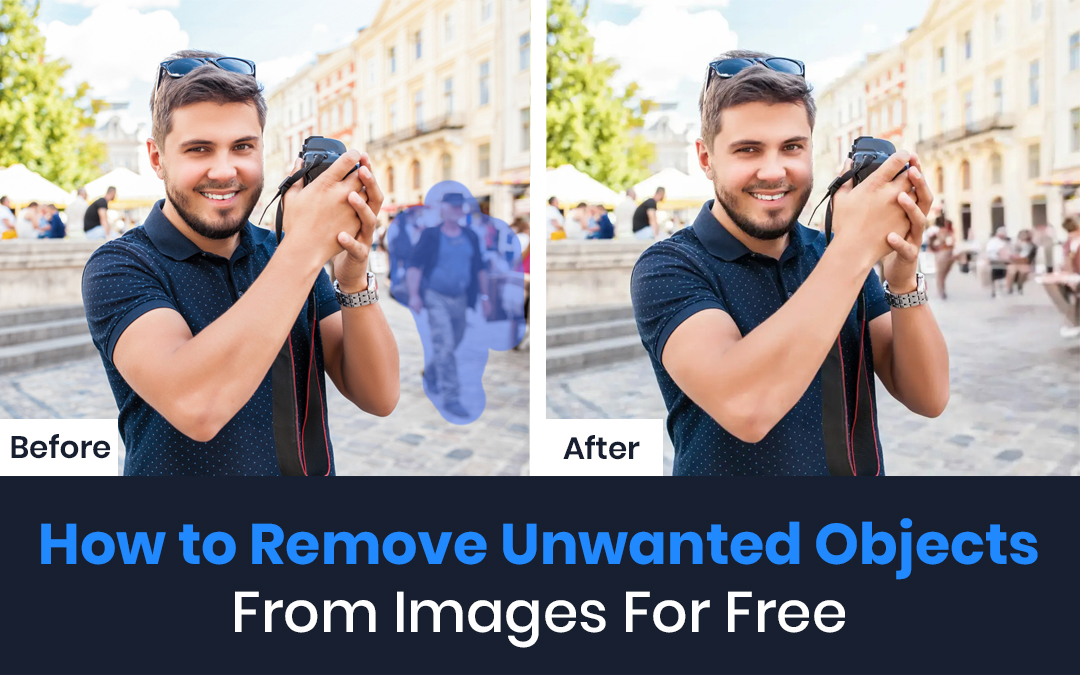
In today's visually saturated world, a single unwanted object can ruin an otherwise perfect photograph. From stray tourists photobombing vacation snapshots to unsightly power lines marring scenic landscapes, these distractions can be a source of frustration for photographers of all levels.
Fortunately, advancements in image editing technology have made it easier than ever to remove these unwelcome elements and restore the intended beauty of our memories. This article explores various techniques and tools available for effectively removing unwanted items from photos, providing readers with the knowledge to enhance their images and achieve professional-looking results.
Understanding the Techniques
The process of removing unwanted objects from a photo relies on several core techniques. These methods range in complexity and suitability depending on the object's size, surrounding texture, and the desired level of realism. Clone stamping, content-aware fill, and healing brushes are among the most commonly employed approaches.
Clone Stamping: The Classic Approach
Clone stamping, a long-standing technique, involves manually copying pixels from one area of the image to another. This allows users to "paint over" the unwanted object with a sample from a similar region, seamlessly blending it into the background.
While effective for detailed work, clone stamping requires careful attention to detail to avoid creating noticeable patterns or inconsistencies.
Content-Aware Fill: AI-Powered Magic
Content-aware fill, a more recent innovation, utilizes artificial intelligence to analyze the surrounding area and intelligently generate pixels to fill the space left by the removed object. This technique is particularly effective for removing objects from complex backgrounds, such as landscapes or textured surfaces.
Adobe Photoshop's content-aware fill feature is a popular choice, but similar capabilities are available in other software as well. The algorithm analyzes the surrounding pixels and attempts to seamlessly blend the removed area with the existing scene.
Healing Brushes: Refining Imperfections
Healing brushes combine elements of clone stamping and content-aware fill. They sample pixels from a source area, but also take into account the texture, lighting, and color of the surrounding area to create a more natural blend.
This technique is ideal for removing blemishes, wrinkles, or other small imperfections. Healing brushes help refine images with precise edits.
Software and Applications: A Toolkit for Every Need
A wide range of software and applications cater to different skill levels and budgets. From professional-grade tools like Adobe Photoshop to user-friendly mobile apps, there's a solution for everyone.
Adobe Photoshop remains the industry standard, offering a comprehensive suite of editing tools, including advanced content-aware fill and clone stamping capabilities. Affinity Photo is also a powerful alternative offering similar features at a more affordable price point.
For users seeking simpler solutions, mobile apps like Snapseed and TouchRetouch provide intuitive interfaces and effective object removal tools. These apps are a great option for quick edits on the go. These offer less control but provide a convenient solution.
Best Practices and Considerations
Regardless of the chosen technique or software, following certain best practices can significantly improve the results. It is crucial to start with a high-resolution image. This provides more detail for the editing tools to work with.
Zooming in and working at a pixel level allows for more precise edits and helps avoid noticeable artifacts. Regularly compare the edited area with the surrounding pixels to ensure a seamless blend. Don’t over edit. Sometimes a slightly imperfect removal looks more natural.
Avoid overusing content-aware fill on large areas, as it can sometimes produce unnatural results. In such cases, consider combining it with clone stamping for a more refined outcome. Be mindful of perspective and lighting. Ensure the replaced pixels match the existing scene's perspective and lighting conditions for a more realistic appearance.
The Future of Image Editing
The field of image editing is constantly evolving, with advancements in artificial intelligence and machine learning driving innovation. Future tools are likely to offer even more sophisticated object removal capabilities.
AI-powered tools will be able to automatically identify and remove unwanted objects with minimal user input. This will greatly simplify the editing process, especially for complex scenes.
As technology advances, the line between reality and digital manipulation will continue to blur. Ethical considerations surrounding image editing will become increasingly important. The ability to seamlessly remove unwanted elements from photos empowers individuals to enhance their images. It's important to do so responsibly and ethically.
